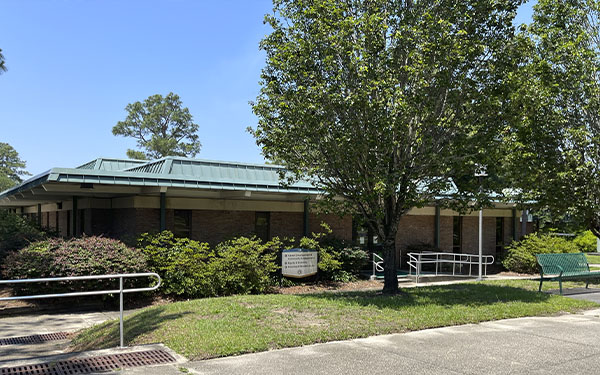Micro-internships and Project-based Experiences

Micro-internships are short-term, paid work experiences that provide your company with immediate support on professional projects. Students are able to demonstrate their skills, explore career paths and develop their professional networks while gaining valuable work experience.

Parker Dewey Project-based Experiences
Project-based experiences with Parker Dewey are short-term projects (5-40 hours, or more) that help students build connections, gain experience and develop new skills.
Micro-internships and Project-based Experiences FAQs
Parker Dewey LLC is a consulting firm that helps companies more effectively complete tasks and improve hiring. They do this by contracting with college students and recent graduates who want to work on short-term, professional projects so that they can generate income while demonstrating capabilities and gaining practical experience.
Project-based experiences are short-term projects (5-40 hours, or more) conducted remotely or in-person, either independently or in collaboration with a team, to build connections, gain experience and develop new skills. These are opportunities posted by companies and organizations across the United States who partner with Parker Dewey LLC.
The University of West Florida does not term these experiences as “micro-internships” because students cannot earn credit for an experience at this time. Also, the definition of internships at UWF depends on the department. Therefore, UWF terms these experiences as project-based experiences.
No, students cannot gain credit for the experience at this time, but they can apply to get a notation on their transcript.
Students participating in these experiences are not employees, contractors, interns, or temps of any company/organization, nor are students considered freelancers. Similar to working with a consulting firm or any other service provider, companies/organizations are engaging Parker Dewey LLC to complete the assignment, and each individual student they select is a contractor or employee of Parker Dewey. Companies/organizations can still directly interact with the student(s) for the project and always have the opportunity to hire students directly without any costs or fees.
While most projects involve public-facing information of a non-sensitive nature, both Parker Dewey and all students sign strict NDAs to protect company/organization information. In addition to the standard provisions, the students understand that they are risking their academic transcript or expulsion for any violation of confidentiality.
Given the short-term nature and structure of these projects/assignments, Parker Dewey does not conduct background checks. While companies are always welcome to conduct a background check directly, the nature of the specific assignments and lack of a direct relationship with the individual who is selected has caused most organizations to defer the background check until after a Micro-Internship is completed and a student is offered a traditional internship or full-time role.
Career Launchers is the term used by Parker Dewey to identify student and alumni applicants.
Yes. All Parker Dewey experiences are paid experiences.
When the project is completed, students will be paid by Parker Dewey.
Current UWF students, including undergraduate and graduate students, and alumni can create an account and apply to experiences.
Example projects include improving websites, conference planning, research on environmental impacts, organizing membership contacts, creating webinars and materials, social media and blog posting, co-authoring an academic paper and more.
Upon completion of the experience, the company has the opportunity to provide feedback. The review of the student includes an overall rating along with an evaluation of the performance in five specific areas: timeliness, communication, quality, presentation, and skill level. In addition, companies can offer confidential feedback directly to the student, providing professional development similar to what an individual might receive from a mentor. The CDCE office does receive the evaluation of each student. Each evaluation is stored in the student’s Handshake profile.
CDCE has the following suggested student learning outcomes:
- Will engage in professional and ethical behaviors during the experience.
- Will use technology to effectively analyze and communicate information.
- Will demonstrate an ability to set appropriate priorities/goals.
- Will be able to break down complex tasks/problems into manageable pieces.
For questions, please contact our office at career@uwf.edu or 850.474.2254.




.jpg)


